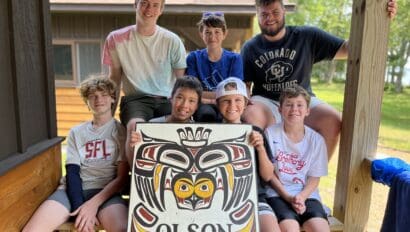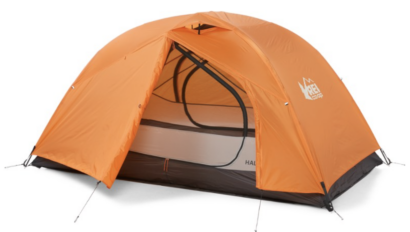Kindergarten lesson #1: Be kind.
Kindergarten got it right. Kindness is important. And not just in the the don’t-hit-your-brother way. It is the basis of relationships–whether in the lifelong dynamics between partners or siblings, interactions with a teacher or coach, a conversation with a waiter, or a short chat with someone on the bus. It’s nice to be nice. This rule extends to cases in which someone may not be so nice, where compassionate kindness is the most effective means of reacting to rudeness or aggression.
So kindness benefits others, but it also benefits ourselves. Practicing kindness correlates with living a longer life, and to understand this phenomenon, one needs look no further than inside our own brains. Seeing and performing acts of kindness result in a production and release of hormones and neurotransmitters, such as endorphins, oxytocin and serotonin. These are vital elements with the body’s system of physiological and emotional regulation as they affect feelings of stress, euphoria and connection. The varied acts of generosity and friendliness are mutually beneficial to giver and receiver, and also to third-parties simply witnessing the kind acts.
It’s obvious, kindness is important. Unfortunately, in a culture often described as fast-paced, self-focused, cutthroat and zero-sum, kindness can be misconstrued as weakness, even among young people. In a study addressing what children think their parents value, Richard Weissbourd found that kinds perceive individual achievement as more important than caring for others.
“Eight percent of the youth surveyed agreed with the statement, “My parents are prouder if I get good grades in my classes than if I’m a caring community member in class and school.” (1)
The takeaway is twofold. First, achievement and kindness are not mutually exclusive, though our society may at times portray them as being at odds. And second, prioritizing competition and achievement from a young age ignores the development of interpersonal skills such as generosity, tolerance and patience–skills that are vital not only in vocation, but in living a life of gratitude and fulfillment.
“Unless we want to continue on the current trajectory of increasingly more self-focused, uncaring, polarized, depressed, anxious people, we need to focus on raising kinder humans” -Audrey Monke, Happy Campers (176).
At Camp Chippewa, campers do not choose the other kids in their cabin. They have different backgrounds, abilities and personalities. Cabinmates may be–and likely are–far different than a camper’s best friends or teammates back at home. When a month of sleeping in the same cabin, or even the same tent, is added to this melting pot of personalities and backgrounds, campers receive an extraordinary opportunity to practice kindness, acceptance and relationship-building. While kindness is not mentioned in Chippewa’s Mission of building Character, through Adventure, inspired by Tradition, it is still integral to Camp’s essence. As the cornerstone to teamwork, kindness is present in Camp, both in cleaning a cabin each morning, and paddling a canoe to Hudson Bay.
Kindness is important, it serves us for life.
- Weissbourd R. & Anderson, T. R. (2016). Do we value caring? Educational Leadership 73(6), 54-58.


